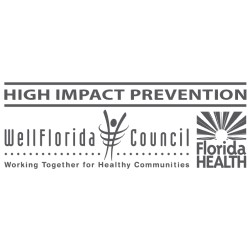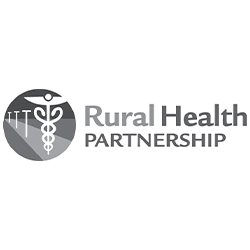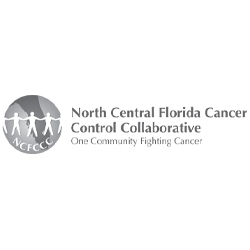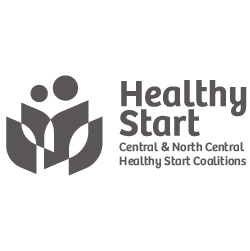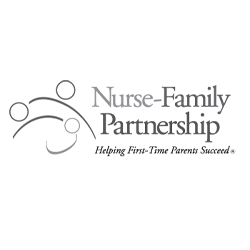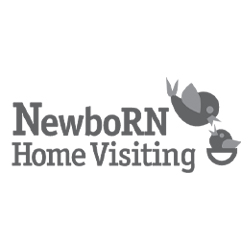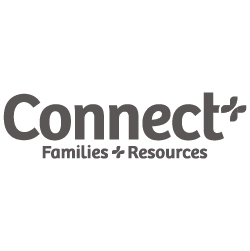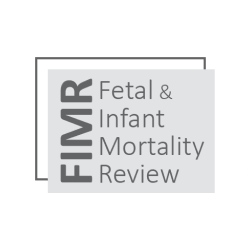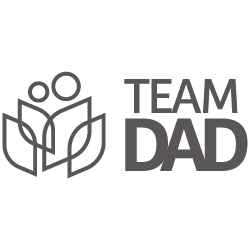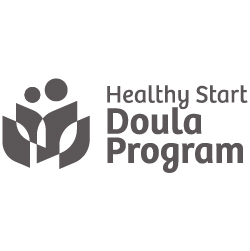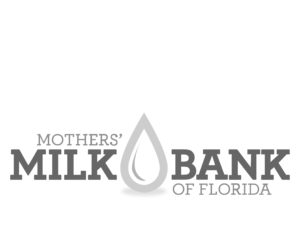National Community Health Center Week
WellFlorida News Release
GAINESVILLE, Fla. (Aug. 9, 2010) —This year’s National Health Center Week 2010, from August 8 to 14, recognizes the accomplishments of Community Health Centers and focuses on widening access to care under health reform legislation.
Under health reform, Community Health Centers are expected to double the number of patients they currently reach from 20 million today to 40 million in five years. In addition, Community Health Centers will be included in the new market insurance plans and will be a major provider of accessible and affordable primary care for many of the newly insured Medicaid patients.
What are Community Health Centers? Community Health Centers are local, non-profit, community owned healthcare providers. They receive federal grant funding under Section 330 of the Public Health Service Act. Community Health Centers have been in existence for over 40 years, serving primarily low income and medically underserved communities. They provide primary care and preventive services; some centers offer dedicated pediatrics care, dental, pharmaceutical, and mental health and substance abuse services. Also known as Federally Qualified Health Centers, Community Health Centers accept Medicare, Medicaid and private insurance. Patients without insurance are charged on a sliding fee scale based on income. No one is denied medical care because of lack of insurance or income.
In addition, most Community Health Centers offer evening and weekend hours to accommodate working families, have multiple sites for easy access, and operate mobile clinics to serve people who are hardest to reach, including migrant farm workers and the elderly.
Community Health Centers help make medical care accessible to low income, underserved and understaffed areas, according to Shane Bailey, Project Coordinator of WellFlorida Council. WellFlorida specializes in Community Health Center grant applications and provides research and consultation to healthcare providers, non-profits and local governments.
“Community Health Centers are available for all to use, but most significantly, they are a safety net for the most needy, and they help alleviate the burden of last-resort hospital emergency room visits,” Bailey said.
By treating people before they become sick, health centers lower healthcare costs for all consumers, taxpayers and governments. Medicaid beneficiaries who receive regular care at a health center, for example, experience a 35% reduction in visits to hospital emergency rooms where the cost of care is more expensive.
The U.S. healthcare system will save up to $122 billion in total healthcare costs between 2011 and 2015 with the expansion of Community Health Centers under health reform, according to a June 2010 report from the Geiger Gibson/RCHN Community Health Foundation Research Collaborative at the George Washington University School of Public Health and Health Services.
Anita Riels, CEO of Palms Medical Group said she sees the value of Community Health Centers everyday. Palms Medical Group (formerly known as Trenton Medical Center) is a Community Health Center with offices in Bell, Branford, Chiefland, Gainesville, Trenton and Williston, and a new facility opening in Starke in September.
“When people have an affordable place to go for quality, regular care, they use it and stay healthy. Plus society benefits as a whole—more prevention and accessible healthcare means less burden on taxpayers,” said Riels.
To find a Community Health Center near you, visit www.hrsa.gov.
National Health Center Week is sponsored by the National Association of Community Health Centers (NACHC). To find out more about health centers and their role in health reform, please visit www.nachc.com.
To read this article: National Community Health Center Week
Back to News page
